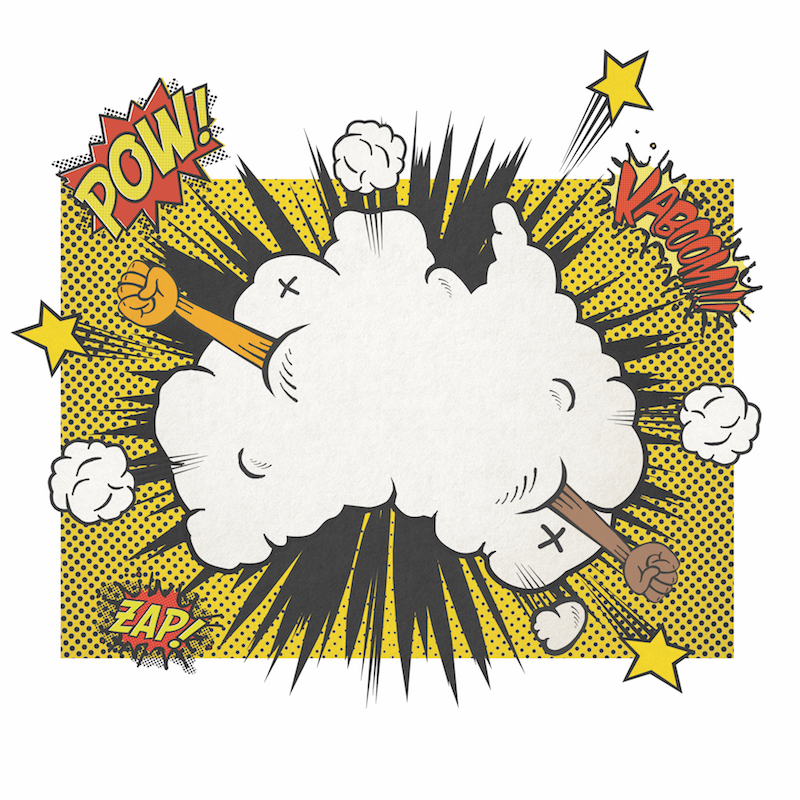‘Review note: Meanjin short of funds but maintains high quality’, Honest History, 17 June 2016
Meanjin Quarterly has been around since 1940 but now it is struggling for funds as the Australia Council cuts its cloth to fit reduced funding from government. Editor Jonathan Green says we may be seeing the last issues of the magazine under Australia Council auspices ‘but we are determined they will not be the last issues of this magazine’.
 Meanjin, Volume 75, Issue 2, Winter 2016 (cover illustration above) has 200 pages in the hard copy including more than 20 poems, five slabs of fiction, a dozen essays, a few shorter pieces ‘up front’ and a long ‘Meanjin Paper’ by Mark Davis called ‘At war with ourselves’. Among the contributors are Robyn Annear, Anna Funder, Anita Heiss, Gerard Henderson, Katharine Murphy, Geoff Page, Carl Reinecke, and Jenny Sinclair.
Meanjin, Volume 75, Issue 2, Winter 2016 (cover illustration above) has 200 pages in the hard copy including more than 20 poems, five slabs of fiction, a dozen essays, a few shorter pieces ‘up front’ and a long ‘Meanjin Paper’ by Mark Davis called ‘At war with ourselves’. Among the contributors are Robyn Annear, Anna Funder, Anita Heiss, Gerard Henderson, Katharine Murphy, Geoff Page, Carl Reinecke, and Jenny Sinclair.
Mark Davis’s piece is one of the three ‘freebies’ available online from the current issue. My personal view is that three freebies is insufficient temptation to encourage time and cash-poor readers to part with $150 for eight issues for a subscription, though I did buy this issue and my (admittedly cash-poor) daughter has taken out a subscription, like her English teacher grandfather did decades ago. I accept, however, that editors and boards have difficult decisions to make and there are some interesting joint subscription offers available on the last page. (Looking at the same page, I was surprised at the lack of non-Victorian state benefactors. Is Meanjin still seen by some as a Melbourne indulgence?)
Assuming that many readers of this note will be reading online before making that decision whether or not to subscribe, they – particularly the younger ones – should be intrigued by Mark Davis’s history of the ‘history wars’. While people like Macintyre and Clark chronicled these events more or less at the time they occurred, this account has the advantage of perspective and a good feel for the connections between players on the so-called ‘Right’ who gave impetus to those battles. It is, indeed, an interesting thought exercise to imagine how CD Kemp, the first Director of the Institute of Public Affairs, who seems to have been a gentleman, would have got on with a modern day head-kicker like, say, Chris Mitchell of News Limited. They would at least have been able to compare the well-springs of what they presented as their views.
Jenny Hocking and Nell Reidy present an intriguing story of the connections between the Indigenous ball game, marngrook, and modern day Australian Rules, with an emphasis on Tom Wills as moving spirit. They make some good points about evidence in the absence of documentation and about the politics and the sensitivities of the football story. Their final paragraph nails lots of issues:
The intense debate over marngrook and Australian football reflects something beyond just football. It reflects what Stanner called ‘the other side of a story over which the great Australian silence reigns … the story, in short, of unacknowledged relations between two racial groups within a single field of life’. At the heart of any connection between marngrook and Australian football is precisely this acknowledgement of relations between two cultures, the recognition of a shared history ‘within this single field of life’. Australian football has an Indigenous history.
The quote, for those who don’t know it, is from WEH Stanner’s 1968 Boyer Lectures, discussed here.
Then there is Clive James, who is dying. Meanjin interviews him on the eve of the publication of his Collected Poems. Much of the interview is about how James writes poetry but he is still a good piss-taker, turner of phrases, and wit.
If you could write one thing again … what would it be? What would you change?
In Cultural Amnesia, smack in the middle of the best parenthesis I ever wrote, there’s a semi-colon where there ought to be a comma. Somehow it’s still there after about 20 reprintings of the book. I’d change that. But that, or any other accidental blemish, is all I’d change. My books were written from my subconscious nature, and they do all the arguing I need to do with my personality—which I wish had been a more perfect thing, but if it had been I might have had less to say.

